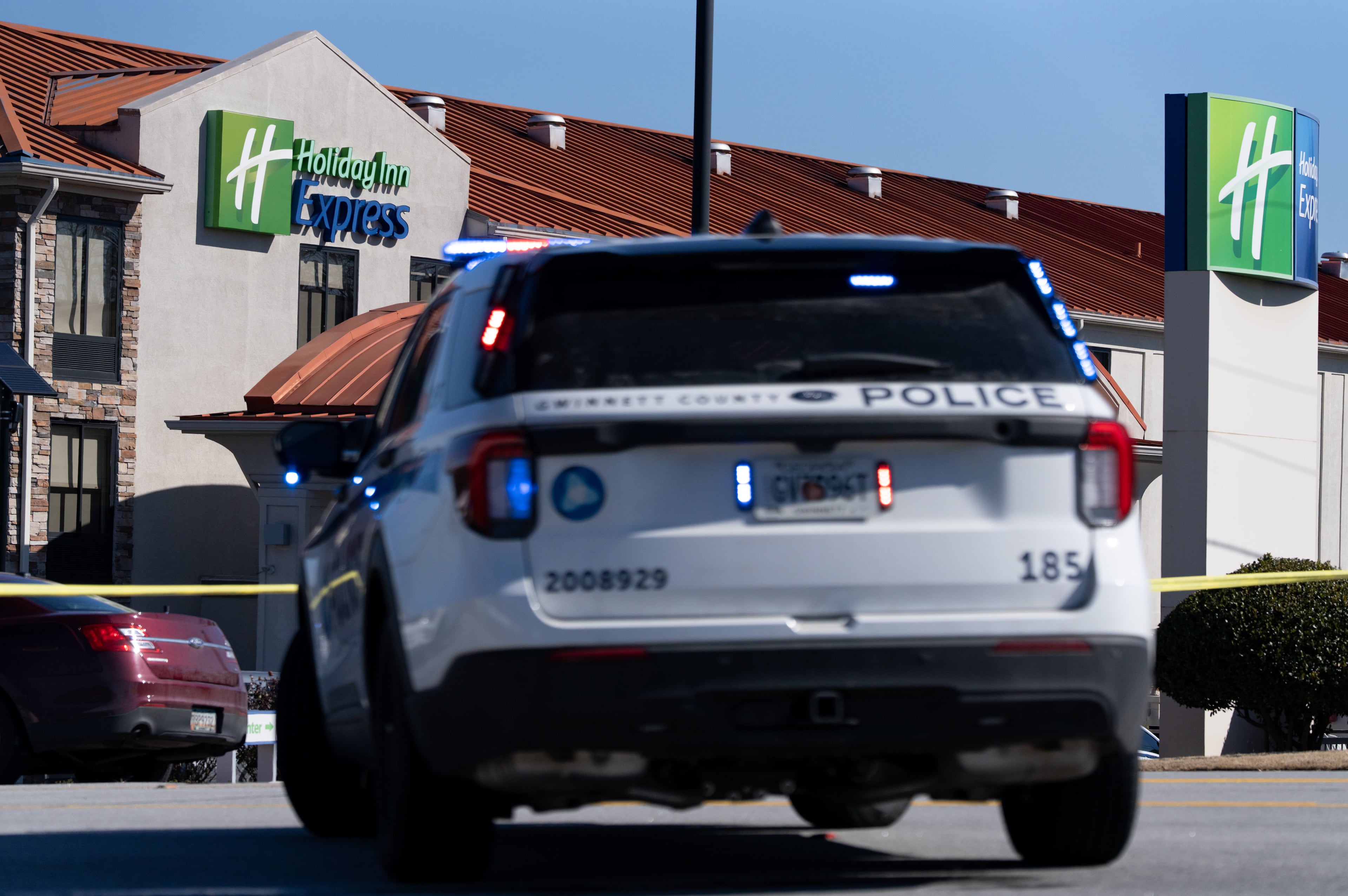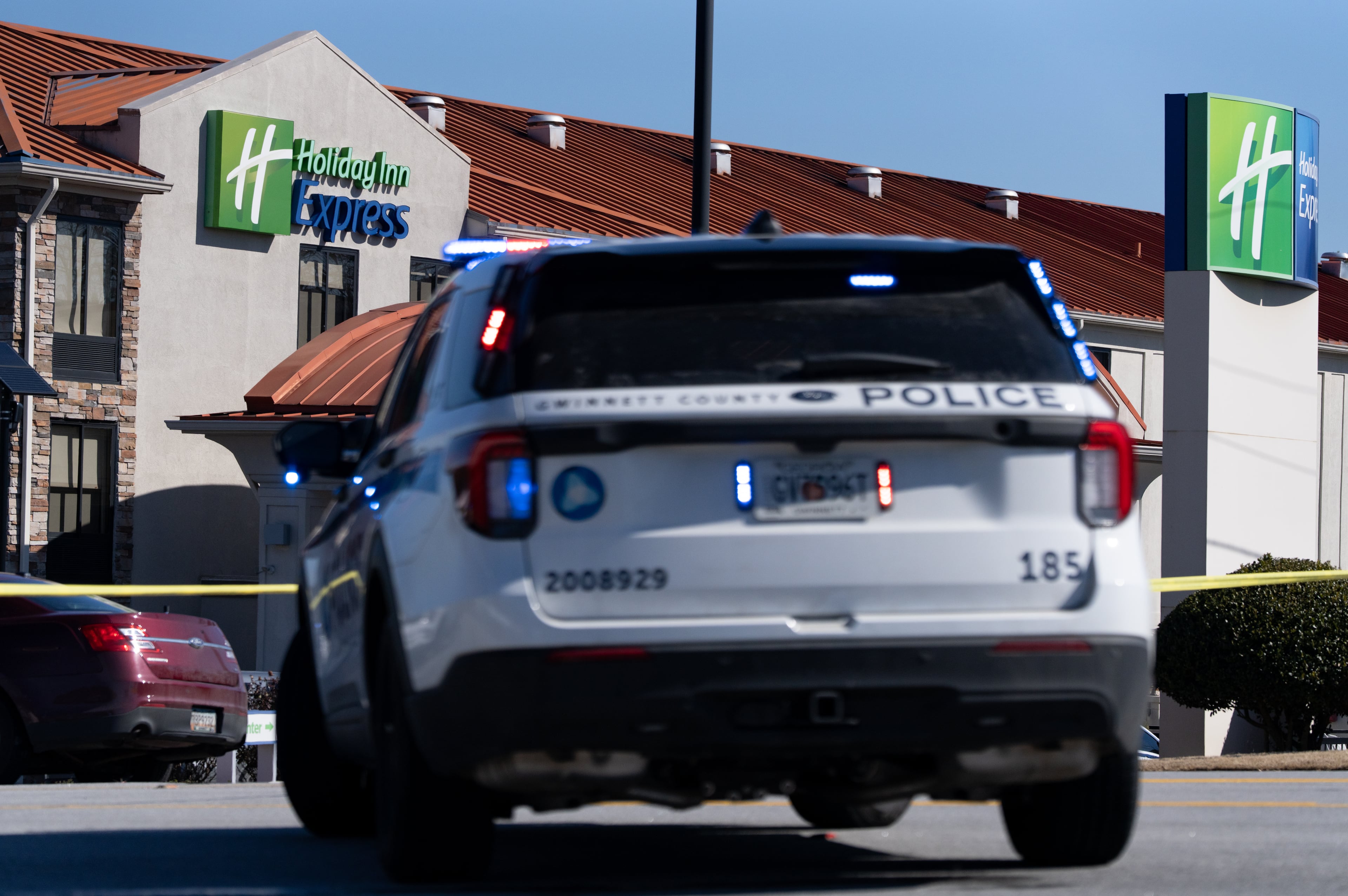Georgia Tech researchers make 10K face shields for Atlanta hospitals
A team of Georgia Tech researchers is mass producing protective gear to help Atlanta’s medical community fight the spread of COVID-19.
Using 3D printers and laser cutting machines, the researchers made at least 10,000 face shields, which protect clinicians’ eyes and face from the coronavirus spread by the coughs and sneezes of the infected.
For the past two weeks, researchers have been working 16-hour days to crank out the easy-to-clean, reusable protective wear, said Chris Saldana, a mechanical engineering professor at Georgia Tech.
As production increased, the initial team of six researchers doubled to crank out the shields which have a removable headband.
“I think the interesting thing about this challenge is we had to start quickly but also met with clinicians and physicians,” Saldana said. “It helped us to understand the urgency of the issue, both immediacy and volume.”
Thursday morning, Saldana delivered 100 devices to Emory University Hospital. Researchers have also sent shields to Grady Memorial Hospital, Children’s Healthcare of Atlanta and Piedmont Hospital.
Emory Healthcare received its first shipment — 3,000 shields with 500 reusable frames — last week after testing some of the prototypes.
“I’ve had some people almost in tears because they were touched when Georgia Tech offered us PPEs (personal protective equipment),” said Kari Love, infection prevention director at Emory Healthcare.
Love said the new shields are sturdier and easy to clean.
“The disposable ones would break down after wiping them down a couple of times,” she said. “It’s nice to have something that’s going to last. We will be able to continue to use them as the weeks pass.”
Saldana said Georgia Tech is partnering with manufacturers to increase face shield production to 150,000 per week.
“When we started realizing (the scale required), we had to bring in companies to do that,” he said.
Saldana said Georgia Tech researchers are also focused on finding other ways they can help local hospitals, including creating a retrofit ventilator and incubator boxes which serve as a protective barrier between patients and medical staff in the operating room and intensive care unit.


